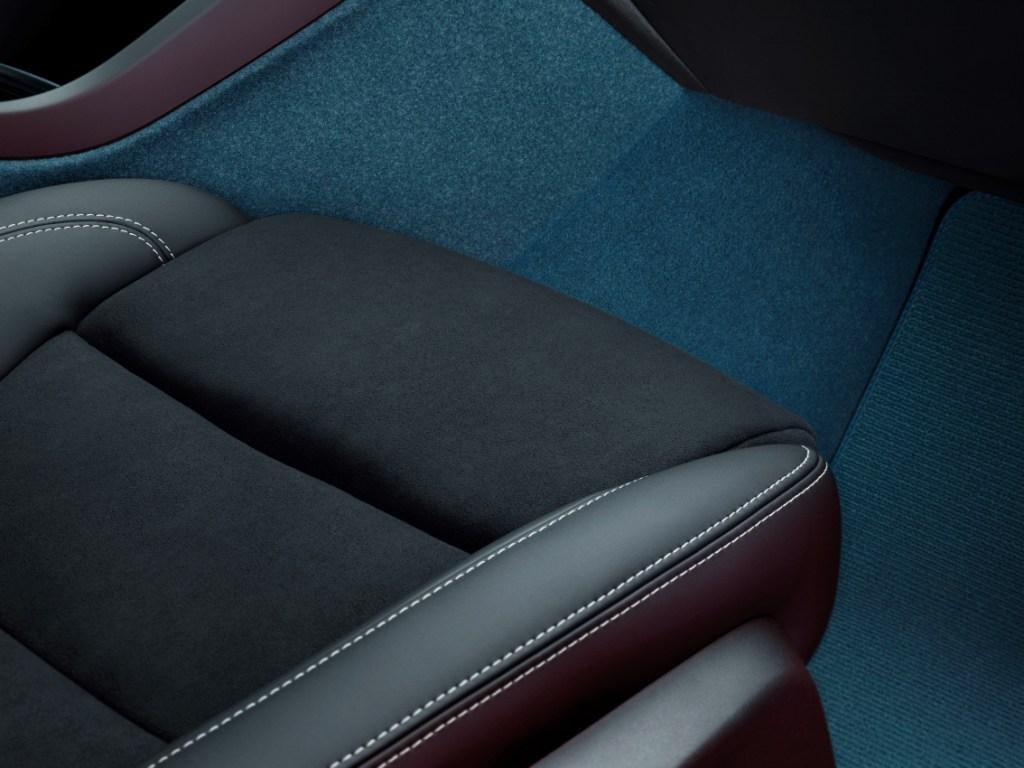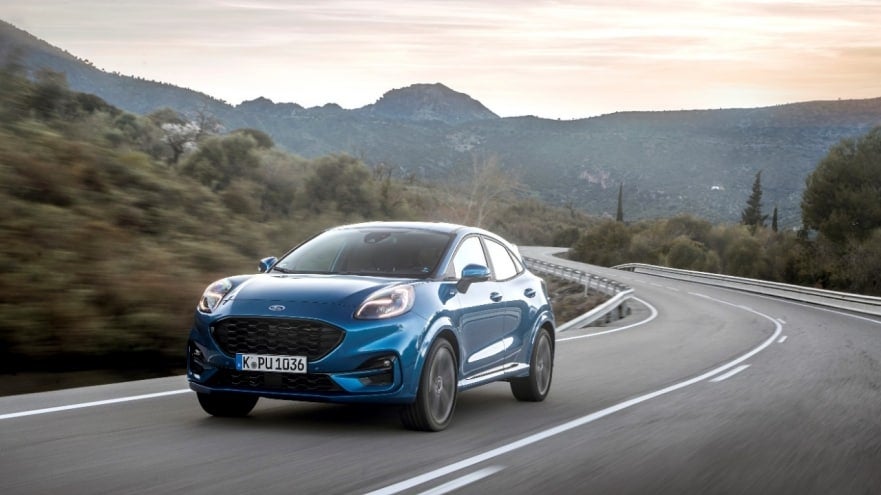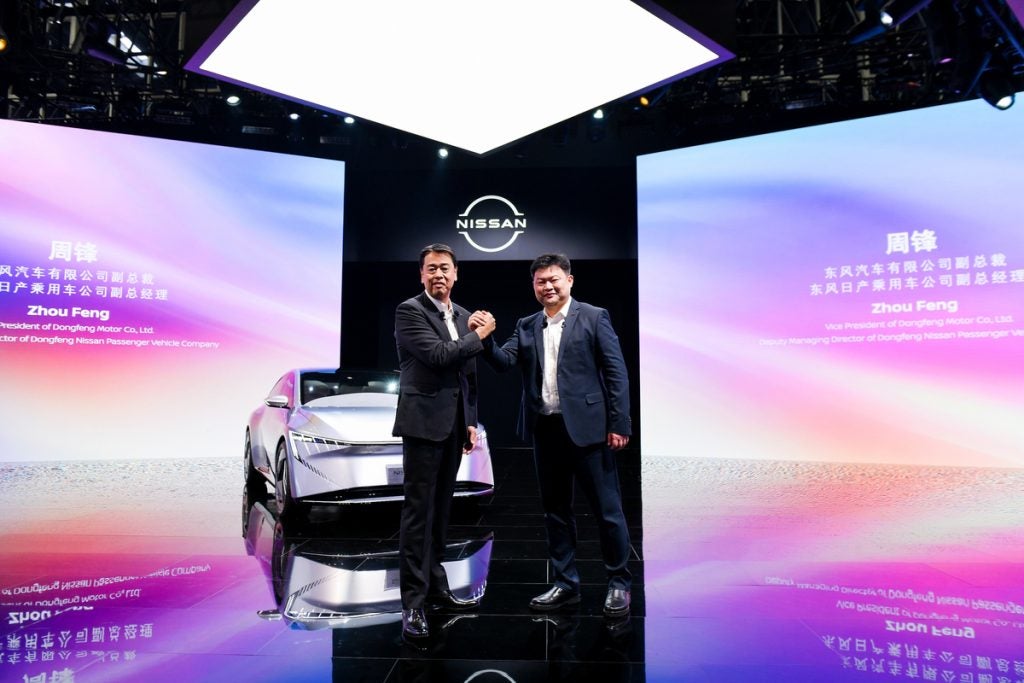
Geely-owned Volvo Cars says it is taking an ethical stand for animal welfare in its fully electric cars. Starting with the C40 Recharge, all new fully electric Volvo models will be completely leather-free.
In the coming years, Volvo Cars will launch a completely new family of pure electric cars. By 2030 it aims to offer only fully electric cars – all of them leather-free.
As part of its ambitions to go completely leather-free, Volvo Cars says it is working actively to find high-quality and sustainable sources for many materials currently used in the wider car industry.
By 2025, the company is aiming for 25 per cent of the material in new Volvo cars to consist of recycled and bio-based content, as it looks to become a fully circular business by 2040. As part of its climate action plans, it also aims for all its immediate suppliers, including material suppliers, to use 100 per cent renewable energy by 2025.
Volvo says the move towards leather-free interiors is also driven by a concern about the negative environmental impacts of cattle farming, including deforestation. Livestock is estimated to be responsible for around 14% of global greenhouse gas emissions from human activity, with the majority coming from cattle farming.
Instead of leather interior options, Volvo Cars will offer its customers alternatives such as high-quality sustainable materials made from bio-based and recycled sources.
How well do you really know your competitors?
Access the most comprehensive Company Profiles on the market, powered by GlobalData. Save hours of research. Gain competitive edge.

Thank you!
Your download email will arrive shortly
Not ready to buy yet? Download a free sample
We are confident about the unique quality of our Company Profiles. However, we want you to make the most beneficial decision for your business, so we offer a free sample that you can download by submitting the below form
By GlobalDataNew survey research
Volvo Cars says some two-thirds of consumers consider a brand’s environmental policies as a critical factor when purchasing luxury products, according to a recent study. The same percentage of buyers would like to see carbon labelling on products as a way of providing greater transparency on the environmental impact of products and materials.
This, VCC says, means the material world is evolving, and designers around the world are actively sourcing high-quality, sustainable and responsibly sourced materials as they strive to create the luxury products of the future.
These and other conclusions appear in The Rise of Conscious Design, a new report issued by Volvo Cars in collaboration with trend forecasting company The Future Laboratory.
The report draws on a wealth of existing research as well as new interviews and insights from thought leaders from a variety of industries, such as Claire Bergkamp, COO of The Textile Exchange and former Worldwide Sustainability and Innovation Director for Stella McCartney; Wen Zhou, CEO of 3.1 Phillip Lim; Dr Leonardi Bonnani, Founder and CEO of Sourcemap; and Xu Gang, Co-Founder of Bentu Design.
As part of its ambitions to go completely leather-free, Volvo Cars is working actively to find high-quality and sustainable sources for many materials currently used in the wider car industry.
“We have a vision of where we need to go in the future, with the first step to ensure we harness sustainable, natural and recycled materials,” said Robin Page, Head of Design at Volvo Cars. “The next challenge is to change what we do with these materials, whether that’s making car parts that last forever, re-enter the circular economy or go back into the earth.”
“Conscious design can fundamentally transform our society and it’s integral that brands harness the opportunities on offer,” said Martin Raymond, Co-Founder of The Future Laboratory. “Conscious design is showing a way forward and could transform the world in the process.”







